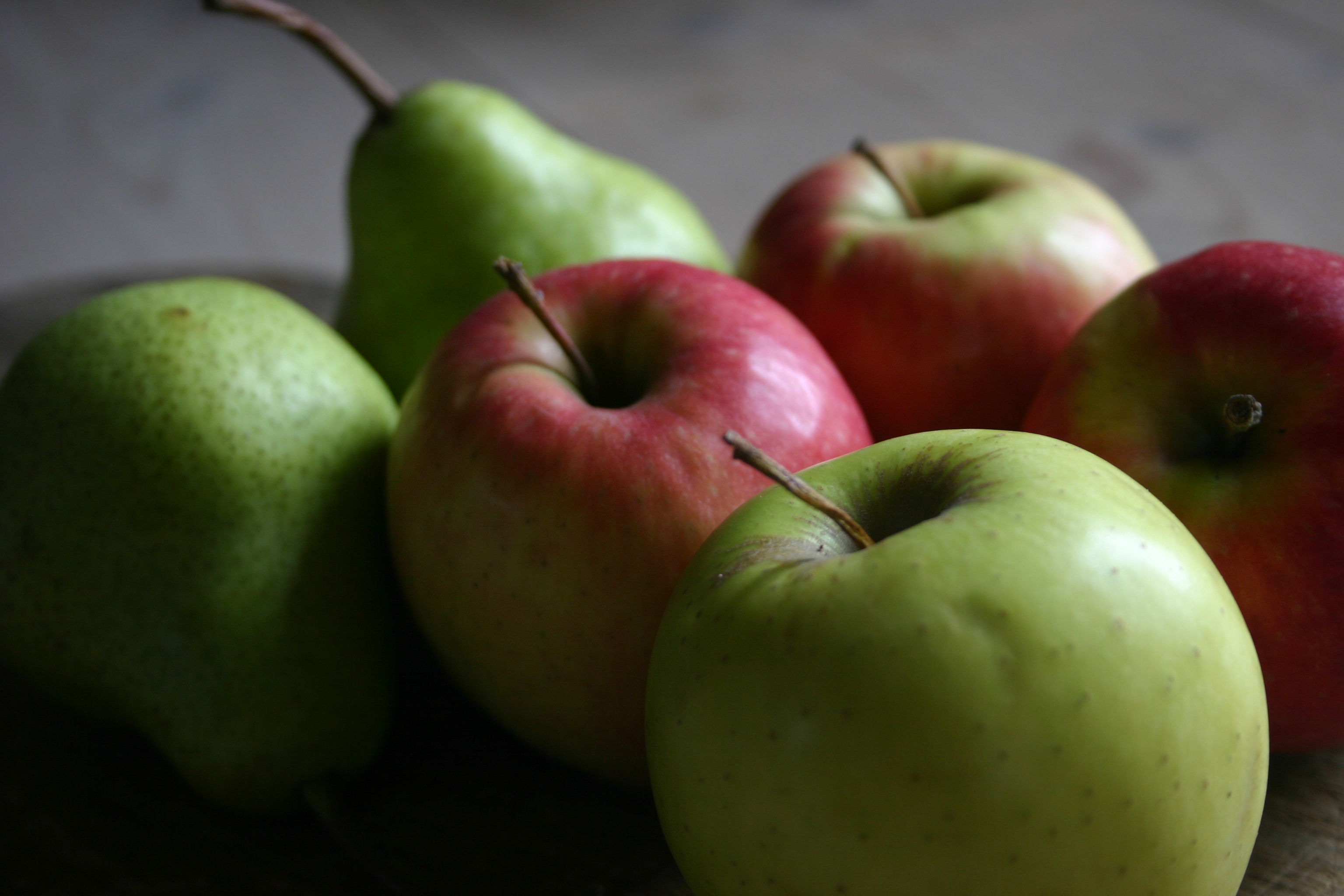Organic fruit production gets a boost
New research project offers a multilateral approach to examine and develop a variety of methods to ensure quality, durability and yield in organic fruit production.

Organic growers are facing a dilemma. On the one hand they would like to produce organic fruit of high quality, durability and yield. On the other hand, there is a limit to the number of remedies growers can use to fight weeds, pests and diseases in their orchards and in this way ensure high durability, quality and yield of the finished product.
There is now help on the way in a new research project that will examine and develop a number of methods to be used in organic fruit production. The methods can also be used in conventional fruit production. The project, led by Aarhus University, looks specifically at the production of apples and pears, but the knowledge gained can also be used in the production of other types of fruit.
Yields too low
The yields of organic apples and pears are much lower than in conventional production. This is due to several factors which the project intends to improve on.
- The yield in the production of organic apples and pears is less than a third of what is achieved in conventional production. The main reason is that despite the frequent spraying with natural pesticides, fungal and pest infestations nevertheless occur, explains the head of the project, senior scientist Lillie Andersen from Aarhus University.
Multilateral approach
Previous studies at Aarhus University have shown that a roof over the fruit trees has a favourable impact on the incidence of apple scab (see article ‘Less scab on apples grown under cover’). With a roof over the apple trees the fruit grower can reduce spraying and increase yields. But the cover changes the microclimate and can affect the growth and quality of the fruit. The scientists will examine whether this new approach has side effects.
Previous studies at Aarhus University have also shown that strategic spraying with the leavening agent potassium bicarbonate has a good preventive effect against the fungus. (Read the article ‘Sulphur + baking soda = healthy organic apples’.) The positioning of sprinkler nozzles at different heights along the row of fruit trees also looks like a promising technique. In this way, the grower can spray efficiently in the limited window of opportunity where the baking powder has an effect. The technique can also be used for preventive irrigation against the fungal spore that causes scab. In the new project, scientists will develop this technique and test it in practice.
Pests are also a challenge in organic orchards. Apple aphids and pear gall mite reduce the yield significantly. Scientists will examine whether the establishment of wildflower strips in the orchard can create a habitat for natural enemies of apple aphids, and they will examine whether the pear gall mite can be controlled by using fungi that are toxic to the larvae.
The investigations in the project are not restricted to the orchard. The scientists are also looking at whether the fruit's shelf life post-harvest can be improved by using a treatment that combines hot water and blue light. This part of the project builds on previous studies at Aarhus University, which you can read about in the article ‘Hot water and UV light replaces pesticides in fruit production’.
The four-year project has been granted 12 million Danish kroner from the Green Development and Demonstration Programme of the Ministry of Food, Agriculture and Fisheries. Participants in the project are Aarhus University (project manager), University of Copenhagen, the organic advisory service Gefion, HortiAdvice Scandinavia A/S, H.B.H. Handel, Dansk Vandingsteknik (Danish irrigation technique) and four organic fruit growers.
The project, called Protectfruit is an Organic RDD2 project, which is funded by the Ministry of Food, Agriculture and Fisheries and coordinated by the International Centre for Research in Organic Food Systems (ICROFS).
Further information: Senior scientist Lillie Andersen, Department of Food Science, email: lillie.andersen@agrsci.dk, telephone: +45 8715 8323, Mobile: +45 4029 2142
